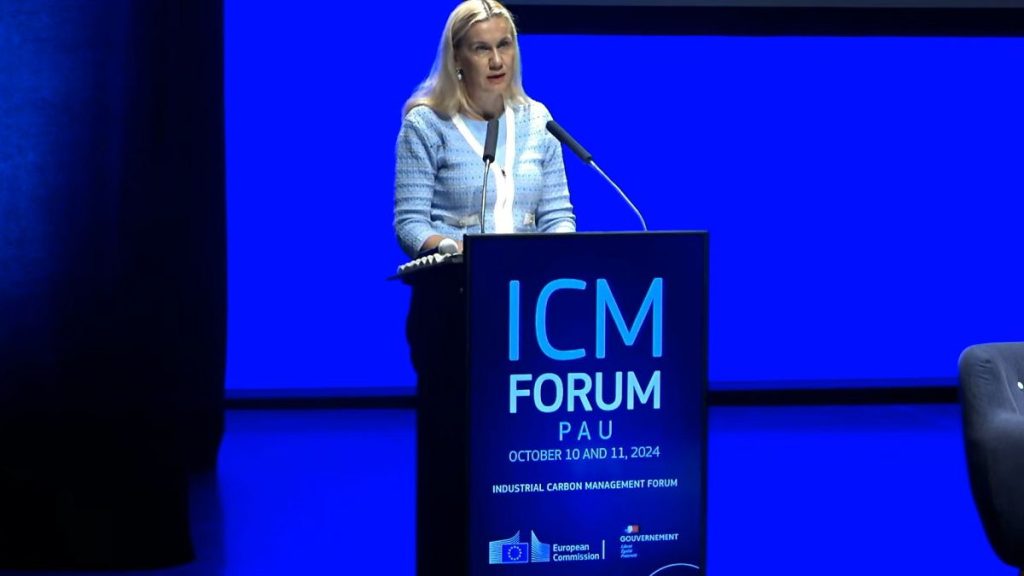EU officials recently held a summit in Pau, France to discuss carbon capture and storage (CCS) technology, which aims to reduce CO2 emissions. However, environmental groups have raised concerns about the high costs and history of project failures associated with CCS. The European Commission is also in talks with governments that have missed a legal deadline related to a CO2 storage target. A report released by the Institute for Energy Economics and Financial Analysis found that upcoming CCS projects in Europe could cost up to €520 billion and require significant government support.
Despite criticism from environmental groups citing €3.3 billion in subsidies already given to CCS projects in the EU, the EU energy commissioner Kadri Simson emphasized the importance of CCS in reaching the EU’s net-zero emissions goal by 2050. Simson highlighted progress in CCS projects, such as the operational Northern Lights storage project in Norway, but acknowledged the high capital costs as a barrier to deployment. CCS Europe, a trade association advocating for CCS, defended the technology by pointing to successful projects like Norway’s Sleipner and Snohvit, which have been capturing and storing CO2 for nearly 30 years.
The EU has adopted legislation requiring oil and gas companies to establish storage facilities capable of locking away 50 million tonnes of CO2 annually from 2030. However, the slow pace of development and lack of final investment decisions have raised concerns among industry representatives from countries relying on CCS for emissions reduction. Under the Net Zero Industry Act, petroleum firms must deploy permanent CO2 storage capacity in proportion to their share of EU oil and gas production, but only 18 member states have provided the necessary data to the Commission by the deadline.
The European Commission is pushing for governments to comply with the Net Zero Industry Act in order to divide the 50 million tonne storage target among petroleum companies operating in Europe. The Commission sees CCS as a vital complement to renewable energy and energy efficiency in achieving climate goals. While some industry experts argue for the necessity of CCS in reducing emissions, environmental groups question its effectiveness and the need for high subsidies to support technology with a history of failures. The debate around CCS continues as European governments navigate the complexities of implementing and funding these projects to combat climate change and achieve net-zero emissions by 2050.


